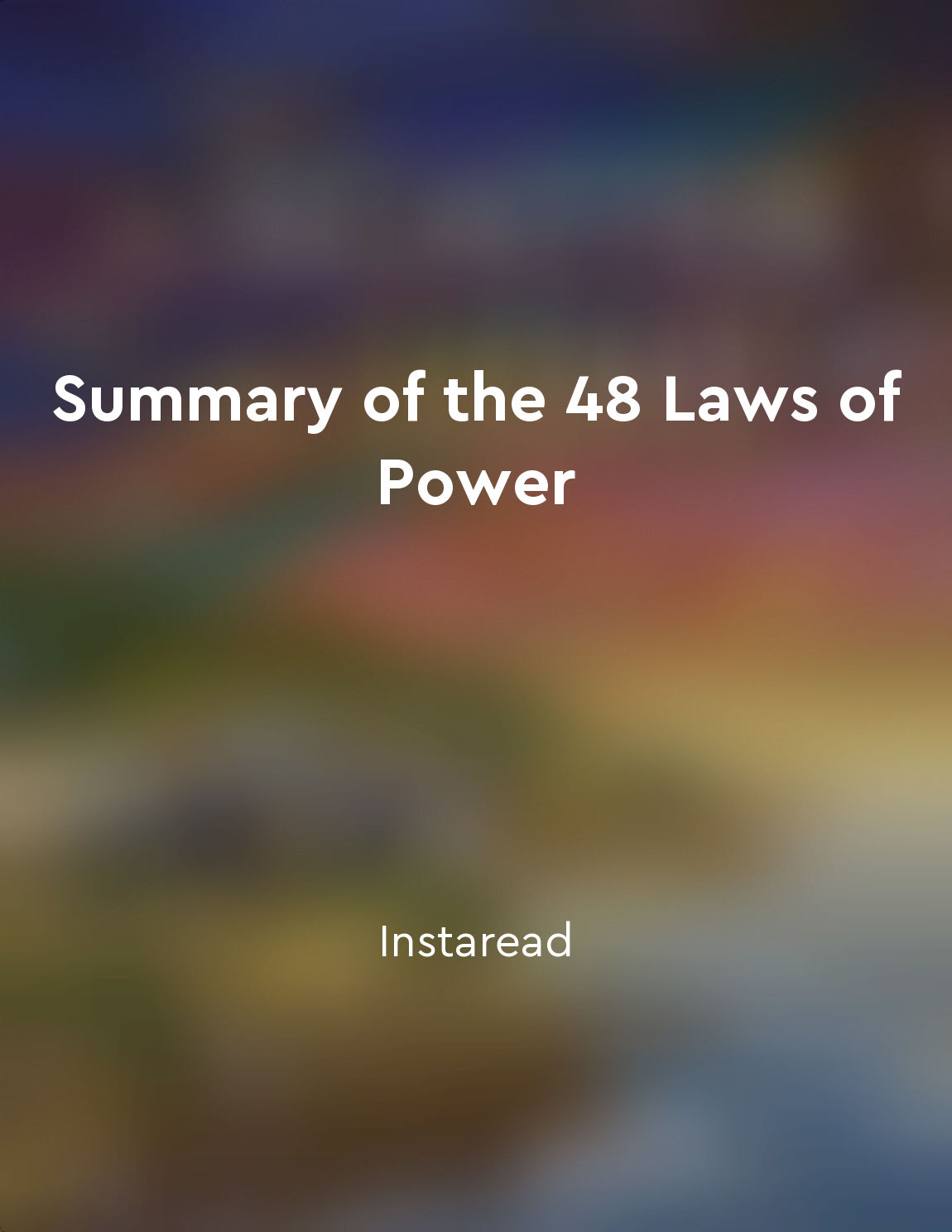Power from "summary" of International Relations: The Key Concepts by Martin Griffiths,Terry O'Callaghan
Power is a fundamental concept in international relations, shaping the behavior of states and non-state actors on the global stage. It refers to the ability to influence others and achieve one's goals, whether through coercion, persuasion, or the threat of force. Power can take various forms, including military, economic, diplomatic, and soft power. Military power is perhaps the most traditional form of power, involving the use of armed forces to defend territorial integrity, deter potential adversaries, or engage in conflict. States with strong military capabilities are often seen as more powerful and are able to project their influence beyond their borders. Economic power, on the other hand, is increasingly important in the interconnected global economy. States that control valuable resources, have a strong industrial base, or wield influence through international ...Similar Posts

Law 32: Play to people’s fantasies
Law 32 teaches the importance of tapping into people’s fantasies to gain power and influence over them. By understanding what c...
Embrace discomfort and challenges
To successfully navigate the ever-changing world order, it is imperative to develop the mindset of embracing discomfort and cha...
Economic sociology explores interactions between economy and society
Economic sociology delves into the intricate web of relationships that exist between the economy and society. It seeks to under...

Disarm and bewilder with your grace
To disarm and bewilder with your grace is to approach situations with a sense of charm and elegance that disarms others and lea...
The importance of selfpreservation in leadership
Self-preservation is a fundamental aspect of leadership that should not be overlooked. As a leader, one must prioritize their o...
